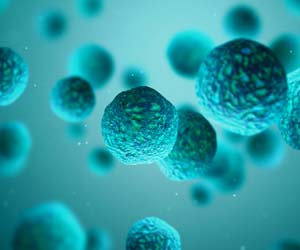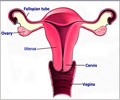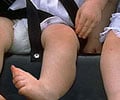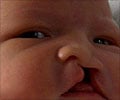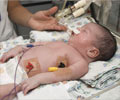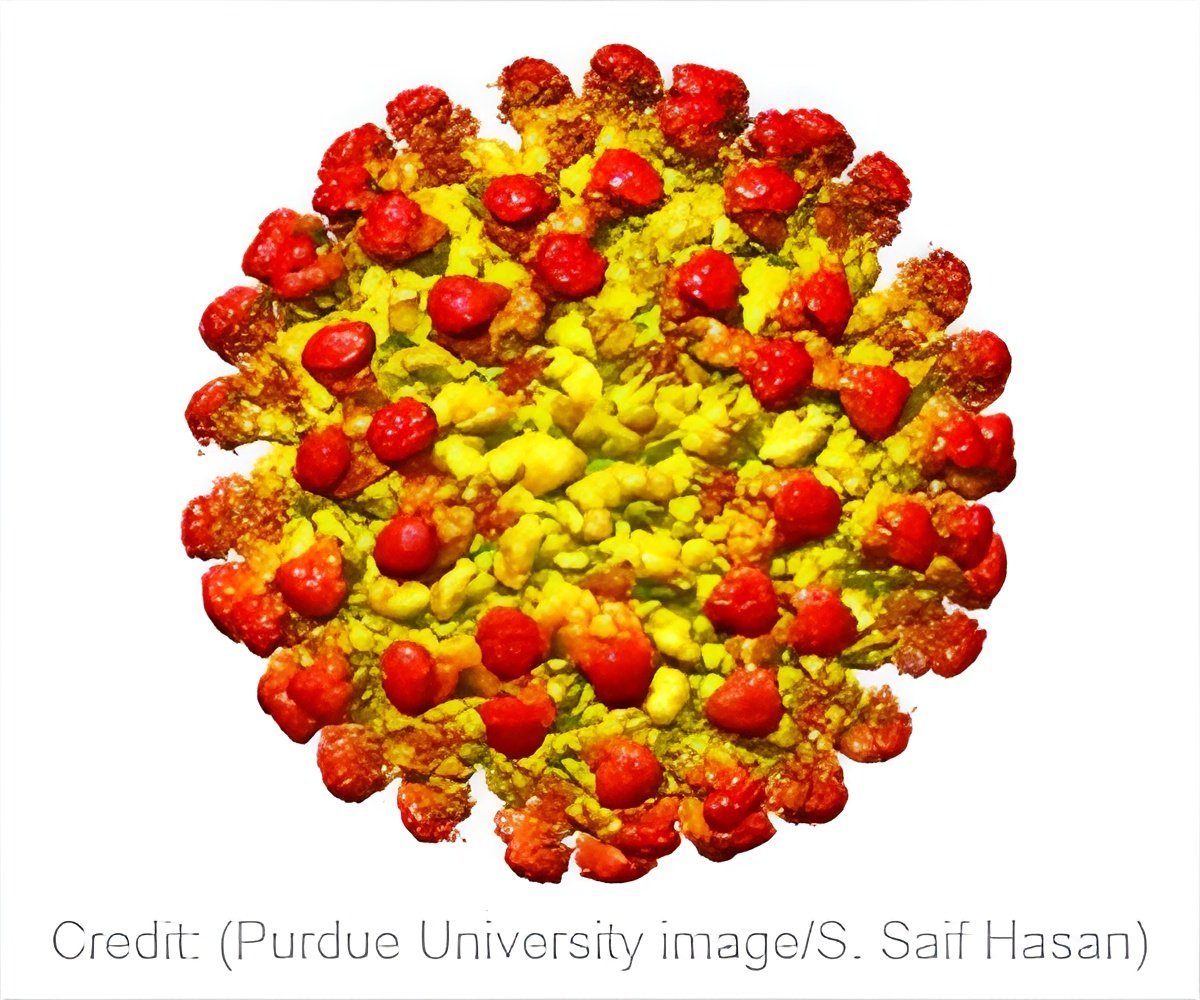
‘The new findings may reveal novel strategies to prevent prenatal ZIKV brain calcification and offer important insights into how calcifications form in other congenital infections. ’
Tweet it Now
Utilizing ZIKV-positive fetal brain specimens and preclinical disease models, the research team identified the protein BMP2 (bone morphogenetic protein 2) and the protease NS3 (nonstructural protein 3) as central players in ZIKV brain calcification. Scans of ZIKV-positive brains collected and donated from Brazil during the 2015-2016 Zika outbreak revealed that cells called pericytes, which wrap around blood capillaries in the brain, collect around calcified lesions and have high concentrations of viral genetic material, suggesting a key role in infection-induced calcification.
"Several cell types have been explored for their involvement in ZIKV infection and pathology, but to our knowledge, this is the first study to investigate the role of pericytes," said Weiqiang Chen, PhD, a research associate in Dr. Jung's lab and the first author on the study.
The researchers infected fetal-derived pericytes with ZIKV and found that the BMP2 gene, which encodes the BMP2 protein, and several downstream osteogenic genes (related to bone formation) were expressed at higher levels and resulted in calcification. "We discovered that during ZIKV infection, some of the BMP family of genes and associated proteins function differently than during normal development," commented Dr. Chen.
Normally, BMPs activate specific proteins (the SMAD protein family) to modulate expression of osteogenic genes. Dr. Jung and his team showed in the study, however, that during ZIKV infection, a viral enzyme called NS3 transforms the BMP2 protein into a mature and biologically active form that enhances osteogenic gene expression. Effectively, NS3 activates BMP2 signaling pathways to trigger calcification and faulty brain development.
Advertisement
Source-Eurekalert




